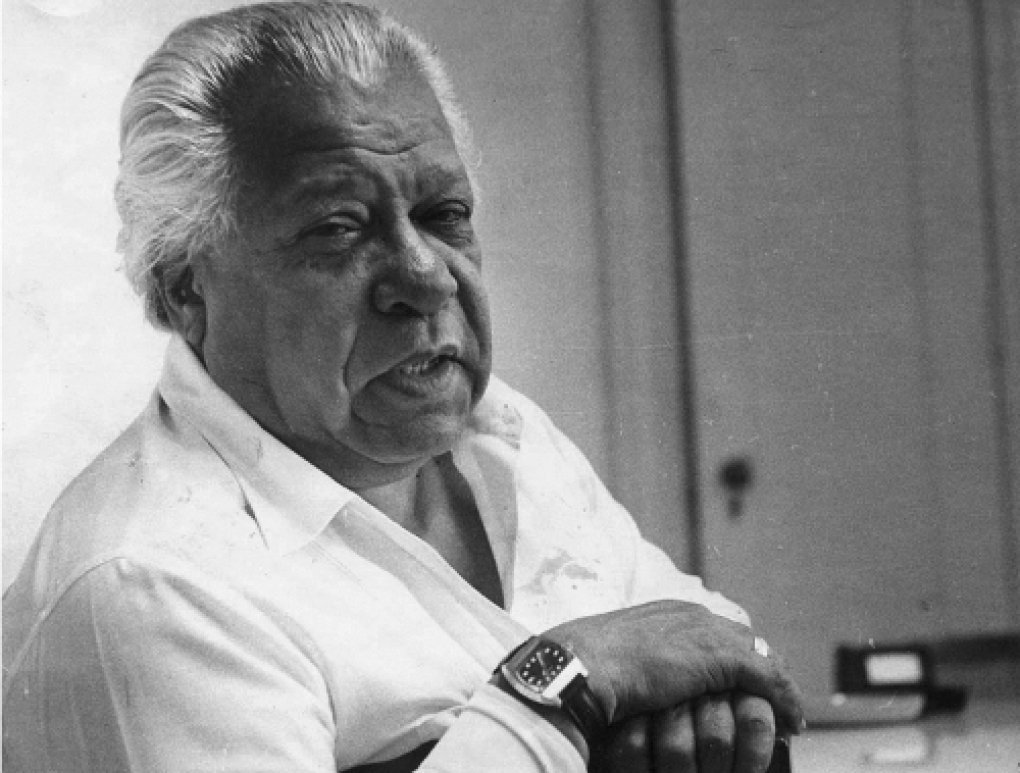
Nicolás Guillén: The National Poet with the identity of Cuba in his heart
Born in the city of Camagüey on July 10, 1902, Nicolás Guillén spent most of his prolific existence in Havana, where he even died on July 16, 1989.
Due to the importance of his life and work, he is recognized as the National Poet. He too came to be regarded over the course of his prolific existence as one of the greatest Spanish-speaking poets.
From a very young age he began to stand out as a poet. Several of his first poems were published in the magazine "Camaguey graphic".
Later, in his own hometown, Guillén worked as an editor and even became director of several publications. At the end of 1926 he moved to Havana and began to collaborate in different newspapers and magazines.
Regarding his poetic work, it has been affirmed that he managed to incorporate the rhythmic timbres of the son into poetry and found the ideal language to convey his vision of the Cuban reality in which he lived.
His vast oeuvre includes Reasons for Son, Songoro Cosongo, West Indies LTD, Poems in Four Anguishes and Hope, The Whole Son, Elegy to Jesús Menéndez, The Popular Flight Dove, Tengo, Che Comandante, The Toothed Wheel, and for the Sea of the Antilles walks a paper boat.
Nicolás Guillén was also, since its foundation and for many years, president of the Union of Writers and Artists of Cuba, an institution created on August 22, 1961.
Guillén was also a member of the Central Committee of the Communist Party of Cuba and a deputy to the National Assembly of People's Power.
As a revolutionary intellectual, he participated and represented our country with dignity in various international events and also offered conferences and recitals in different parts of the world. He had a long and fruitful life as he died when he was 87 years old.

There are many of Guillén's poems that gained notoriety both in Cuba and internationally. Today we will mention just a few. LOC For example, we share with you the one titled The Two Grandfathers in which he symbolically referred to the miscegenation of Cubans and the interrelationship between those from Spain and those from African territory. In the initial part of said poem he detailed:
Shadows that only I see,
my two grandparents escort me.
Bone-tipped spear,
leather and wood drum:
my black grandfather.
Ruff on the wide neck,
gray warrior armor:
my white grandfather.
In another part of the aforementioned work, Guillén expressed:
Shadows that only I see,
my two grandparents escort me.
Don Federico yells at me
and Taita Facundo is silent;
the two at night dream and walk, walk.
I put them together.
A poem by Guillén with special connotation is the one entitled Che Comandante, which was elaborated by him in a special way to pay homage to Commander Ernesto Che Guevara. That poem was read by Guillén in the presence of almost a million Cubans at the solemn evening held in the Plaza de la Revolución José Martí, in Havana, on October 18, 1967.
On video: Ana Belén in the Gardens of the UNEAC, sings the musicalized poems of Nicolás Guillén. Havana. 1980. https://www.youtube.com/watch?v=qyGFRLcN-uE
From CUBADEBATE: Che Comandante, amigo (+Video)